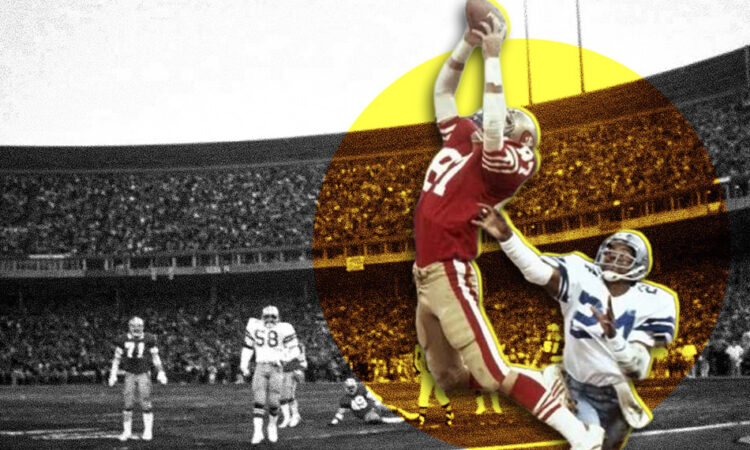
The Tipping Point
July 6, 2013
The Second Coming
March 5, 2014Most 'Medieval'
In days of old when knights were bold and ladies most beholden
straw seemed like silk and water, milk and silver almost golden
Not so sure about that limerick – it was probably a cruel world – those days of old. Yet much of it was fascinating and in some cases surreal. The relationship of “man” and God, for instance. Or better yet … “man;’ animals and God. Unlike today, when most believe that animals were put on this Earth for humanity’s pleasure or utility, most people in the Middle Ages believed that God granted free will to Adam, Eve and all of His creatures. Animals were responsible in some strange way for their own actions and therefore should be held accountable for them.
Accountable? Well yes, animals were actually put on trial for their misdeeds. They might actually be considered “evil.” Beetles that munched on church pews, pigs that dined off of late evening drunkards, locusts that ravaged harvest wheat – all were viewed in a similar fashion much like their human counterparts – thieves, adulterers and murderers alike. Sometimes the animal would be brought before an actual court, sometimes (as with insects) tried in absentia. In the case of ravaging pigs, for instance, there might be a full judicial hearing with a prosecutor, defense and a robed judge who could order a range of punishments, including probation or even excommunication. No bad little piggies went to heaven, it seems. Often, there would be an actual execution with a hog being hanged by the neck until it was dead. The pork chops followed shortly thereafter, I assume. There was no Humane Society in 1500. Somehow I thought those “medieval” times needed a more reality-based ditty than the one cited above, so here’s a modern-day “Chaucer’s” attempt:




